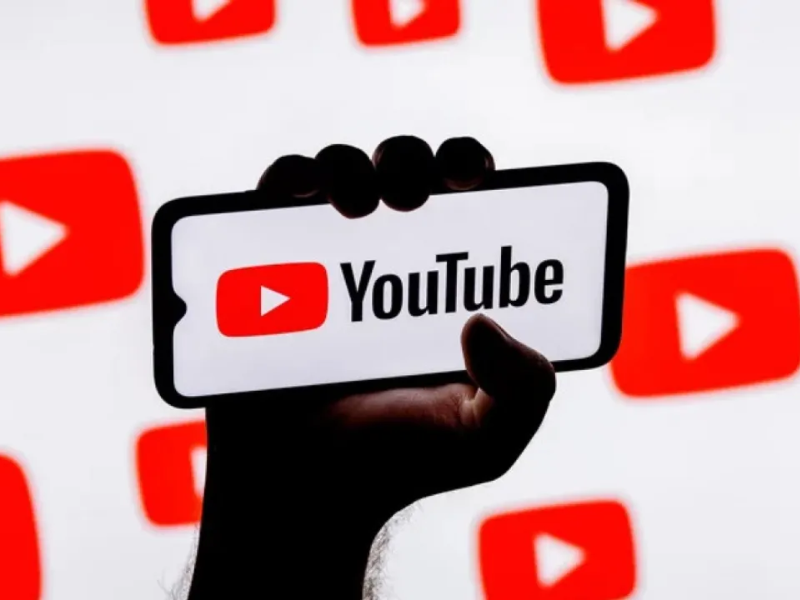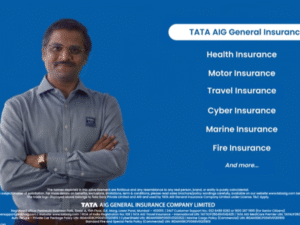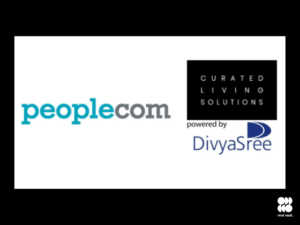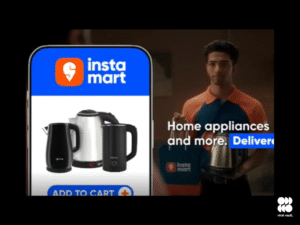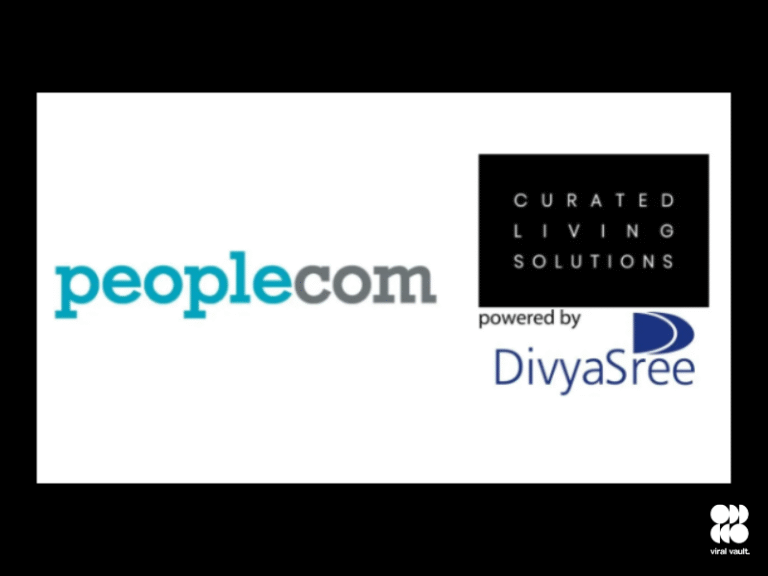Platform tightens monetisation rules to prioritise originality and reel in mass‑produced content
Effective July 15, 2025, YouTube is implementing stricter monetisation policies under its YouTube Partner Programme (YPP). Channels reliant on mass-produced, repetitive, or low-quality content – especially those using generic AI-generated voices or template-based videos – will no longer be eligible to earn ad revenue.
This move reinforces YouTube’s commitment to quality over quantity, nudging creators to invest in original, engaging content rather than pursuing volume-driven strategies.
What’s Changing
- Updated YPP Standards: Channels must now demonstrate significant transformation in reused content to qualify as original.
- Repetitive or templated content-even if entertaining-will need to add genuine value and creativity.
- AI-generated videos, particularly those relying on synthetic voices or minimal edits, will fall under enhanced scrutiny.
- Channels must still meet baseline requirements-1,000 subscribers, plus either 4,000 valid public watch hours in the past 12 months or 10 million valid Shorts views in the last 90 days-to qualify for monetisation.
Why It Matters
- Clamps down on clickbait and churn-and-burn tactics: The new policy eliminates incentives for low-effort uploads, taking aim at “view-farming” strategies.
- Encourages deeper creator investment: By rewarding originality, YouTube nudges creators toward higher-quality storytelling, editing, and production.
- Prepares for a wave of AI content: Though not explicitly banning AI-generated videos, YouTube’s stance signals a move to weed out poorly executed synthetic content, and prioritise human-driven originality.
What’s Still Unclear
- Enforcement mechanisms: YouTube hasn’t specified whether channels will face strikes, demonetisation, or suspensions for breaches under the new rules.
- Evaluation process: The specifics of how YouTube will determine whether a video is “transformative enough” or too repetitive remain undefined.
Final Take
Come 15 July, creators relying on template formats, repetitive uploads, or unfiltered AI voices may find their monetisation shut off. For those who invest in authentic storytelling, compelling content, and original video production, the platform’s renewed focus on quality creates both a challenge and an opportunity.
This curated policy shift marks YouTube’s evolution toward a more meaningful, quality-first content ecosystem.
